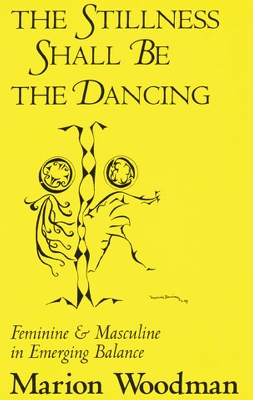Carolyn and Ernest Fay Series in Analytical Psychology
1 total work
Also available in an open-access mp3 edition at http: //oaktrust.library.tamu.edu/handle/1969.1/86076 Thousands of individuals have benefited from the pioneering insights and therapeutic approaches of Jungian analyst Marion Woodman. Now, in her own voice, she brings twenty years' experience to bear on the emerging shape of our culture at the brink of a new millennium.
"There is an evolution going on here, and we have no idea where it's going. ...We are the people of the transition, and we have heavy work to do," she challenges. "Our imagery, dreams, instincts, and body energy are carrying us toward a new kind of wholeness in which the old paradigm based on power gives way to one of love, and the feminine and masculine energies will find new balance.
This evolution is not a sure thing, however. Woodman warns that if we thwart the energies at work, we will end with revolution and rage, not evolution and creativity. Her prescription--individual and group work with active imagination, dreams, daydreams, art, and body therapy--unfolds in these accessible and evocative conversations with one of the most respected psychoanalytic authors in the world today. In her engaging style, Woodman calls for inner work and body work to channel the energy of the psyche into the birth of a new feminine consciousness, a new masculine consciousness, and a new balance between the two at the still, silent point within, where the new dance begins.
"There is an evolution going on here, and we have no idea where it's going. ...We are the people of the transition, and we have heavy work to do," she challenges. "Our imagery, dreams, instincts, and body energy are carrying us toward a new kind of wholeness in which the old paradigm based on power gives way to one of love, and the feminine and masculine energies will find new balance.
This evolution is not a sure thing, however. Woodman warns that if we thwart the energies at work, we will end with revolution and rage, not evolution and creativity. Her prescription--individual and group work with active imagination, dreams, daydreams, art, and body therapy--unfolds in these accessible and evocative conversations with one of the most respected psychoanalytic authors in the world today. In her engaging style, Woodman calls for inner work and body work to channel the energy of the psyche into the birth of a new feminine consciousness, a new masculine consciousness, and a new balance between the two at the still, silent point within, where the new dance begins.
